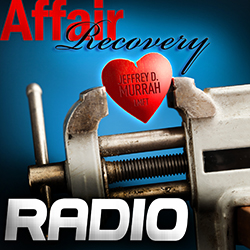While growing up one of my grandmothers used the admonition of “Shame, shame“. Anytime she said it, there was an accompanying shaking of her head and a unique sound with her lips.
She often used it as a way of confronting other’s behaviors without pitching a fit, name calling or making threats. She never avoided confronting issues, she just found a way of doing it without high drama.
I thought about her admonition, and could see her administering it while listening to one of John Bradshaw’s last presentation on the topic. There he pointed out “Healthy shame leads to modesty and manners.” His presentation went on pointing out many of the details about shame.
There are times you may want the cheater to exhibit shame regarding what they’ve done or times when you’ve experienced it yourself.
It is important in your relationships throughout your life. Although it gets talked about, how much do you really understand about shame? Truth be told, shame is rarely acknowledged and discussed in depth like it should be.
Let’s talk about it for a moment. The more you know about ‘shame’, the better you’ll be able to recognize the real thing from fake shame.
These days in popular culture, there’s confusion between guilt trips and real shame. The word shaming is used rather than guilt since it has less moral baggage with it.
Terms like fat shaming, job shaming, body shaming and slut shaming are examples of this phenomena. Confusing these two very different experiences leads to some major blocks to communication.
Real shame is an emotion that involves hiding. Typically when you experience it, you hide your face in some way and your eyes look down.
The moment real shame hits you, it’s as if your neck muscles suddenly give way and your head sags down. If you don’t see gestures like these, you may be witnessing some acting rather than genuine shame.
When shame is activated, it interrupts any positive emotions. The way you are wired, you can’t feel both at the same time.
Real shame also involves the breaking of a bond in your relationship. Along with involving a broken bond, there is often an inability to speak or trouble speaking with real shame.
Shame happens after that bond is damaged.
If there’s shame in your marriage, there are broken bonds needing healing. They’ll need to be identified and shared with each other.
In the video program, “Let’s Talk”, I address ways of opening up conversations in your marriage.
Membership in the Restored Lifestyle site includes access to this and other programs for helping you through affair recovery, including a recent video interview dealing with “Trust, Forgiveness and Prayer” in affair recovery.
Keeping It Real,
Jeff














